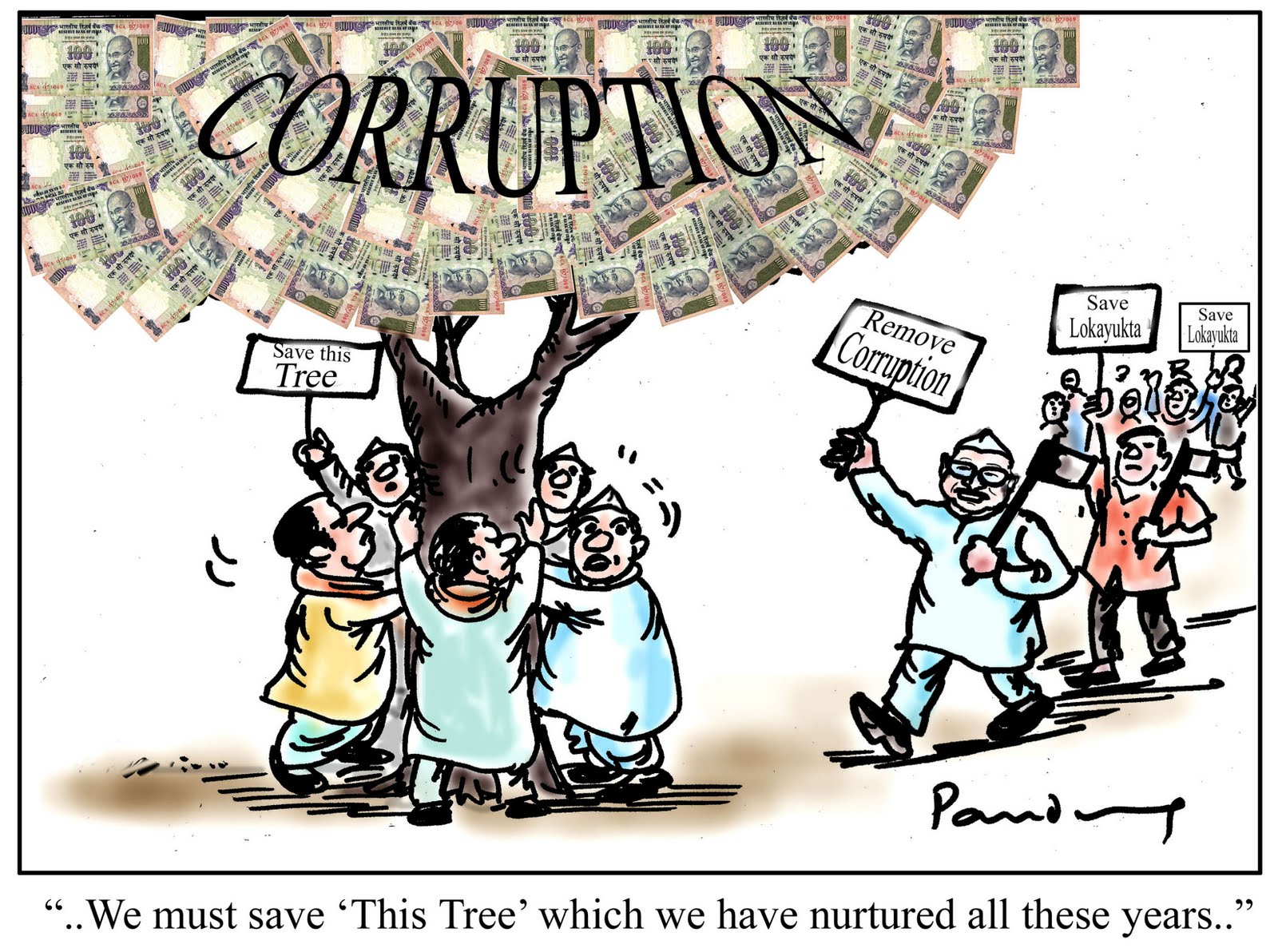
Out of every 100 companies in the country, at least 85 have experienced corruption incidents, a survey commissioned by the Kenya Private Sector Alliance (Kepsa) has revealed.
The lobby group has since sounded the alarm on the high levels of corruption in the country, estimating that some 400,000 companies in the private sector have been affected by corruption in one way or another.
This continues to affect the ease of doing businesses while eroding growth of companies and their contribution to the economy.
The “Corruption Risk Mapping-in Kenya’s private sector” report released in Nairobi yesterday, indicates that 85 per cent of businesses have been affected by the vice, with the highest risk being reported among small businesses (of between 10 and 50 employees) compared to medium-sized and large businesses.
“Unchecked systemic corruption and bribery increase the cost of doing business, creates unfair competition and curtails efforts towards efficiency-improvement and innovation that is critical for economic profitability and sustainability,” the study conducted in November last year states.
The survey, which was done with support from the Centre for International Private Enterprise, was released yesterday during the Kepsa annual general meeting.
Kepsa chief executive Carole Kariuki has since said that corruption ranks highest in the list of hindrance to doing business in the country.
Others are unfavourable tax rates and regulation, business regulatory environment, access to finance especially for micro, small and medium-sized enterprises (MSME) and security.
Majority of the companies affected have experienced fraud as the biggest challenge at a prevalence rate of 83 per cent.
Bribery is the second most common form of corruption in the country’s private sector business operations, the survey has revealed, affecting 78 per cent of investments.
Tax evasion

Others are tax evasion (59 per cent), embezzlement (49 per cent), extortion (30 per cent), abuse of office (26 per cent), favoritism (20 per cent) and procurement irregularities which has affected 18 per cent of businesses across the country.
Professional services, finance and insurance, hospitality, accommodation and food services are the most corrupt sub-sectors with prevalence as high as 90 per cent across board.
Professional services include human resource, accountancy, engineering, media, public relations, law and medicine.
Other sectors with high corruption indices are education (80 per cent), health and social work (70 per cent), arts, entertainment and recreation(70 per cent), ICT, real estate , construction, agriculture, forestry and fishing and wholesale and retail, all above 60 per cent.
Manufacturing, transport and storage and private security have prevalence of 50 per cent while environment, water supply, sewerage and waste management together with energy and electricity supply have a 40 per cent corruption prevalence rate each.

Mining and quarrying reported least corruption cases with a prevalence of 20 per cent.
The main activities linked to corruption are hiring of new staff (mostly based on individual connections), unfair compensation, cash payments, petty cash handling, invoice processing, falsifying financial books, concealing irregularities in the internal control systems, fees and commissions, discounts, provision of free products and collaborating with suppliers to give abnormal prices.
Some 22 per cent of the surveyed businesses reported losses of between $1 million (Sh101.1 million) and $50 million (Sh5.1 billion) due to corruption every year.
Fraud and bribery

“In addition, 71 percent of all the respondents from the SMEs segment said that their businesses lost $10,000 (Sh1.01 million) to $15,000(Sh1.5 million) to fraud and bribery per a year,” the survey said.
Kenya National Chamber of Commerce and Industry (KNCCI) president Kiprono Kittony has attributed the high level of corruption in the private sector to late payment of suppliers and service providers to government.
Speaking to Business Hub Kittony further poked holes in the country’s investigative capacity and the ability to successfully prosecute corruption cases.
“Today you are owed money; you have to bribe to get paid,” Kittony said adding, “We have seen too little cases of corruption being pursued and successfully concluded. This needs to change.”